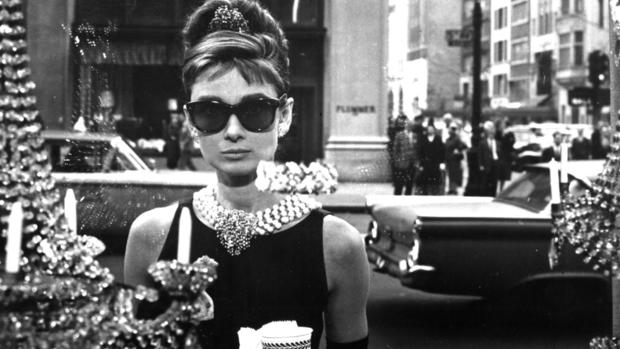"Breakfast at Tiffany's" turning 50
One Hollywood's most beloved films, "Breakfast at Tiffany's," is about to celebrate its 50th anniversary.
Loosely-based on the Truman Capote novella, "Breakfast At Tiffany's" is looked at by many as having had a huge impact on movies, fashion and society at large.
On "The Early Show on Saturday Morning," New York Times Chief Film critic A.O. Scott and More magazine film critic Alison Bailes discussed that impact and how it changed the way we look at women on the big screen.
Directed by the late Blake Edwards, the classic centers on New York party girl Holly Golightly, played by Audrey Hepburn, as she embarks on a wild, comedic adventure to find love in the big city.
Photos: "Breakfast at Tiffany's" turns 50
Off the bat, Bailes told anchor Russ Mitchell, "We're not so sure it did make such a big impact. I think it's one of those films that's gained in popularity over the last 50 years."
"I think it's true," Scott agreed, "partly because of the wonderfully charming and romantic and sophisticated view it gives of Bohemian life in New York."
"Prostitution!" Bailes pointed out.
"Well, yes," Scott concurred. "It takes a kind of troubling story by Truman Capote, with a lot of sexual stuff that was much too, you know, bold to be on-screen, and kind of air-brushes it and makes it look pretty and fun, like 'Pretty Woman' did."
Bailes observed, "What's groundbreaking about it is, I think, the way Audrey Hepburn became associated with that role, and the dress, the little black dress, and the hat and cigarette holder.
"So, really, it was iconic, rather than groundbreaking. She is playing a society girl. She's very inventive. It's about self-invention. It's about the American dream. But groundbreaking for women? (I'm) not so sure."
